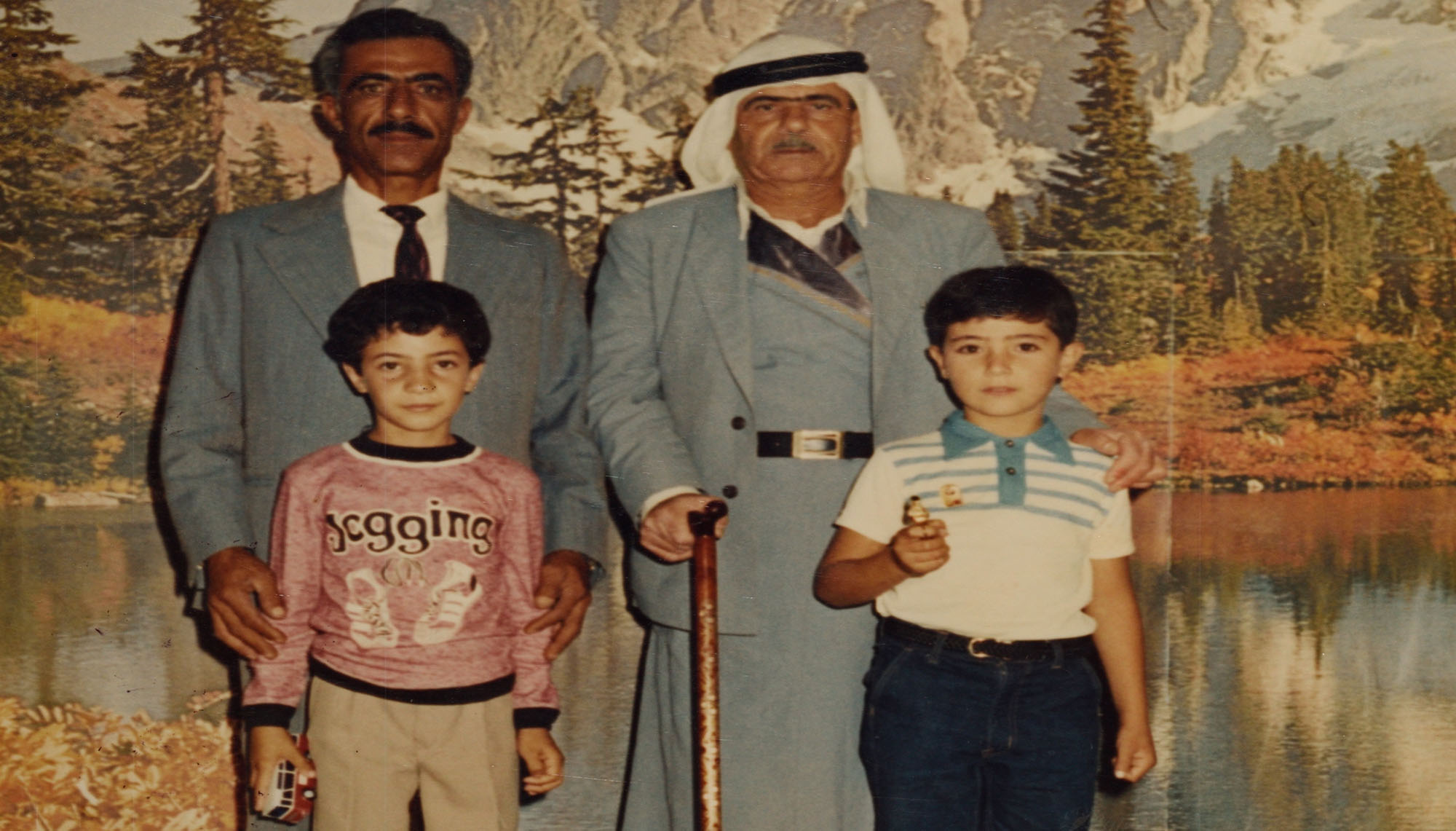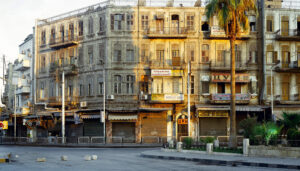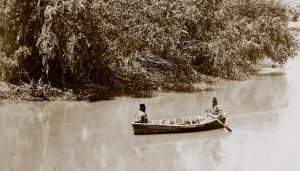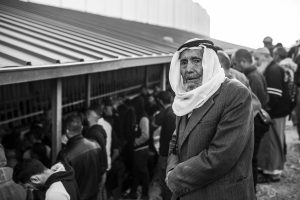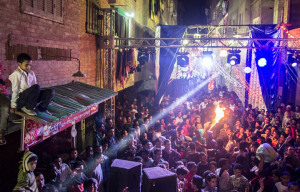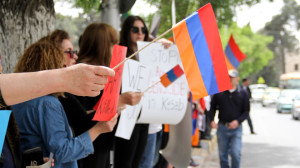
Pictures courtesy Sundance FF
Written by Ramsey Tesdell
PARK CITY, UTAH – I didn’t know what to expect as I walked out of the soft snow and into the ticket tent at the Holiday Cinema complex. I was shocked to see that in addition to the ticketed folks, there was another line for those trying to get tickets to Recycle. I flashed my press credentials to no avail.
Luckily, director Mahmoud Al Massad texted me just then, saying he had a ticket for me. To the front of the line I went and straight from the cold to the warm glow of the theater.
After a wonderful short entitled Salim Baba and directed by Tim Sternburg, Jordan hit the big screen for a second time, however this time in not so glowing a light.
Recycle is a documentary that details the life of Abu Ammar as he attempts to survive financially after a fallout with his father. While Captain Abu Raed avoided politics and religion, Recycle puts them front and center.
Massad’s film strives to answer the question, “what makes a terrorist?” but instead offers more questions than answers.

Set in Zarqa, Jordan’s second-largest city and industrial hub, the film follows Abu Ammar as he and his sons pick up cardboard boxes to recycle them. Abu Ammar, is a husband of two, father of eight, and former mujahadeen soldier. We watch as he struggles with faith and family, and life and politics – Recycle offers a return to the human side of a group of people far too often portrayed as inhuman in the Western media.
Abu Ammar is a complex character, and as we get to know him we can discover his rationale for various decisions. He spent time as a guard in the Soviet-Afghan War. He was arrested after the November 9, 2005 hotel bombings in Amman and released four months later. In the mean time, he has collected thousands of pieces of papers with quotes about religion in the hopes of writing a book. He eventually does, but the book is never published.
Despite reading quotes that describe the religious crime of living in an infidel country, due to the economic situation in Zarqa, Abu Ammar is forced to make that very move (to South America) in an attempt to improve his family’s situation.
The film, entirely shot by Al Massad, uses incredible cinematography and delight lighting to display the rugged areas of Zarqa, and follow Abu Ammar. Recycle attempts to answer a question, but in the end, we are left with even more questions.
Throughout Recycle, we follow Abu Ammar and his young son. I found the son a perfect balance to the rough-and-tumble Abu Ammar. We think he is a scary terrorist; then we see him caring for his son. We watch as he regains his humanity through his son. Unfortunately, his son has a bleak future ahead of him.
A simple, yet powerful film about life in troubled times, Al Massad creatively mixed a humane side and political side to attempt to shed light on “what makes a terrorist.”
As the closing credits began to roll, the lady next to me seemingly didn’t get the point of the film. She said to her friend, “They all hate us. Why do they hate us?” I’m not sure if she wasn’t paying attention, or wasn’t smart enough to comprehend the obviously stated reasons for turning to extremism: the economic situation and the unfair world trade and political policies.
Following the powerful film, Al Massad took questions from the crowd. He was peppered with questions ranging from how he found the character, how long it took to film to does he feel safe returning to Holland after this film?
Carefully, Al Massad answered that, “the movie shows the human side. What people decided to do after getting to know a fellow human is up to them.”
For his first feature documentary, that wasn’t even meant to be a documentary, Al Massad has accomplished an incredible feat. At the awards ceremony, Recycle received The World Documentary Cinematography award.
For students studying the Middle East or anyone interested in the political situation of the Middle East, this film is a must.
I was emotional watching the first film from Jordan, but to have two movies achieve entrance and awards is spectacular.
More about the filmmaker:
Independent filmmaker Mahmoud al Massad was born in Zarqa, Jordan in 1969. After studying film and art at Yarmouk University in Jordan, he left the country in 1988 and continued to work in the television  and film industries in Romania, Italy, Germany and Sweden, making more than 12 short films.
and film industries in Romania, Italy, Germany and Sweden, making more than 12 short films.
Mahmoud divides his time between Jordan and The Netherlands, where he has been living since 1995. He is currently developing Jackie and the 40 Yellow Cabs, a feature film supported by the Cannes 2006 Mediterranean Film Crossing Border Programme. Recycle is his first feature-length documentary.




